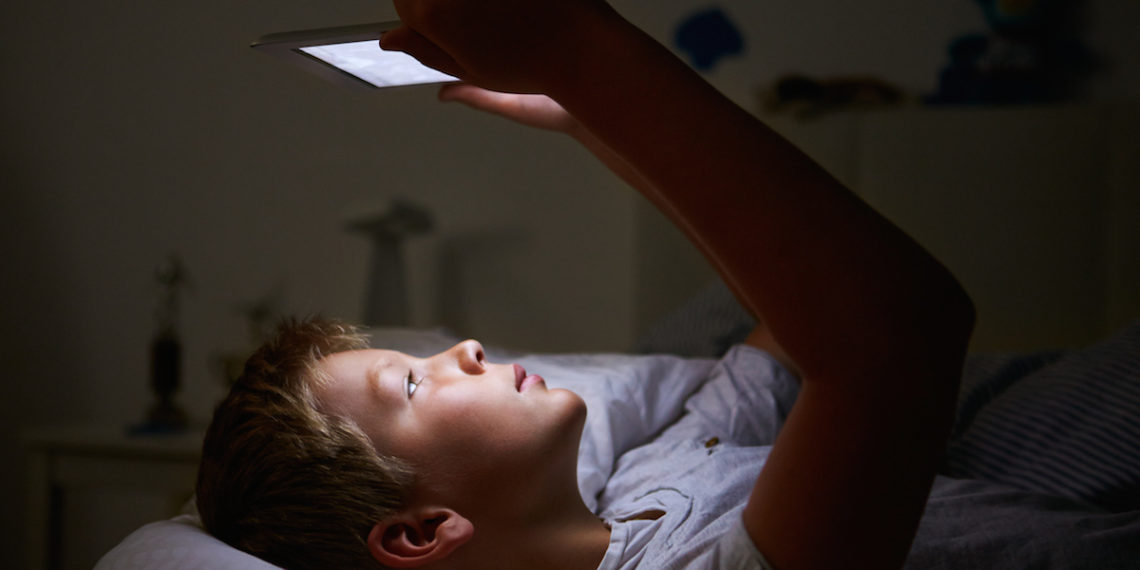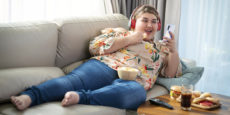
*The following is excerpted from an online article posted on Reuters.
Adolescents who are naturally inclined to stay up late at night are more likely to suffer from insomnia as well as behavioral and emotional problems than their peers who prefer an earlier bedtime, a recent study suggests.
Researchers surveyed 4,948 secondary school students in Hong Kong, ages 12 to 18, about their sleep habits and their physical and mental health. Overall, about 23 percent had a night owl or “eveningness” circadian rhythm, or a natural tendency to be late-to-bed and late-to-rise types.
Night owls were 88 percent more likely to have emotional and behavioral problems than other teens and 25 percent more likely to have poor mental health.
Roughly half of these night owls had insomnia symptoms, especially trouble getting to sleep and staying asleep. Insomnia was independently associated with more than tripled odds of emotional, behavioral and mental health issues.
“Not getting enough sleep or having poor sleep may negatively affect one’s ability to regulate emotions and decision making, thereby contributing to the risk of developing mental health problems,” said lead study author Shirley X. Li of the University of Hong Kong.
Roughly two-thirds of the teens in the study were considered “intermediate-type” sleepers, meaning their biological clocks weren’t set for an exceptionally early or late bedtime. About 9 percent of the participants were early to bed, early-to-rise types with a “morningness” circadian rhythm.
Among participants with an “eveningness” circadian rhythm, about 11 percent had difficulty falling asleep and almost 4 percent had trouble staying asleep.
A greater proportion of these night owls, 22 percent, also reported poor mental health, compared to about 15 percent of other teens, as well as emotional and behavioral problems: 38 percent versus 24 percent.
The study wasn’t a controlled experiment designed to prove whether or how sleep might cause mental health issues, nor does it explain whether or how behavioral or emotional problems might cause poor sleep.
Another limitation is that researchers relied on teens to recall and report on their sleep habits and mental health issues, which might not always be accurate, the authors note in Sleep Medicine.
Even so, the results offer fresh evidence of the relationship between short sleep duration and poor sleep quality and emotional and behavioral health in teens, said Dr. Judith Owens, director of sleep medicine at Boston Children’s Hospital and a researcher at Harvard Medical School.
Source: Reuters
https://www.reuters.com/article/us-health-adolescents-sleep/teen-night-owls-more-prone-to-emotional-and-behavioral-problems-idUSKCN1IH2QO
Source: Home Word




